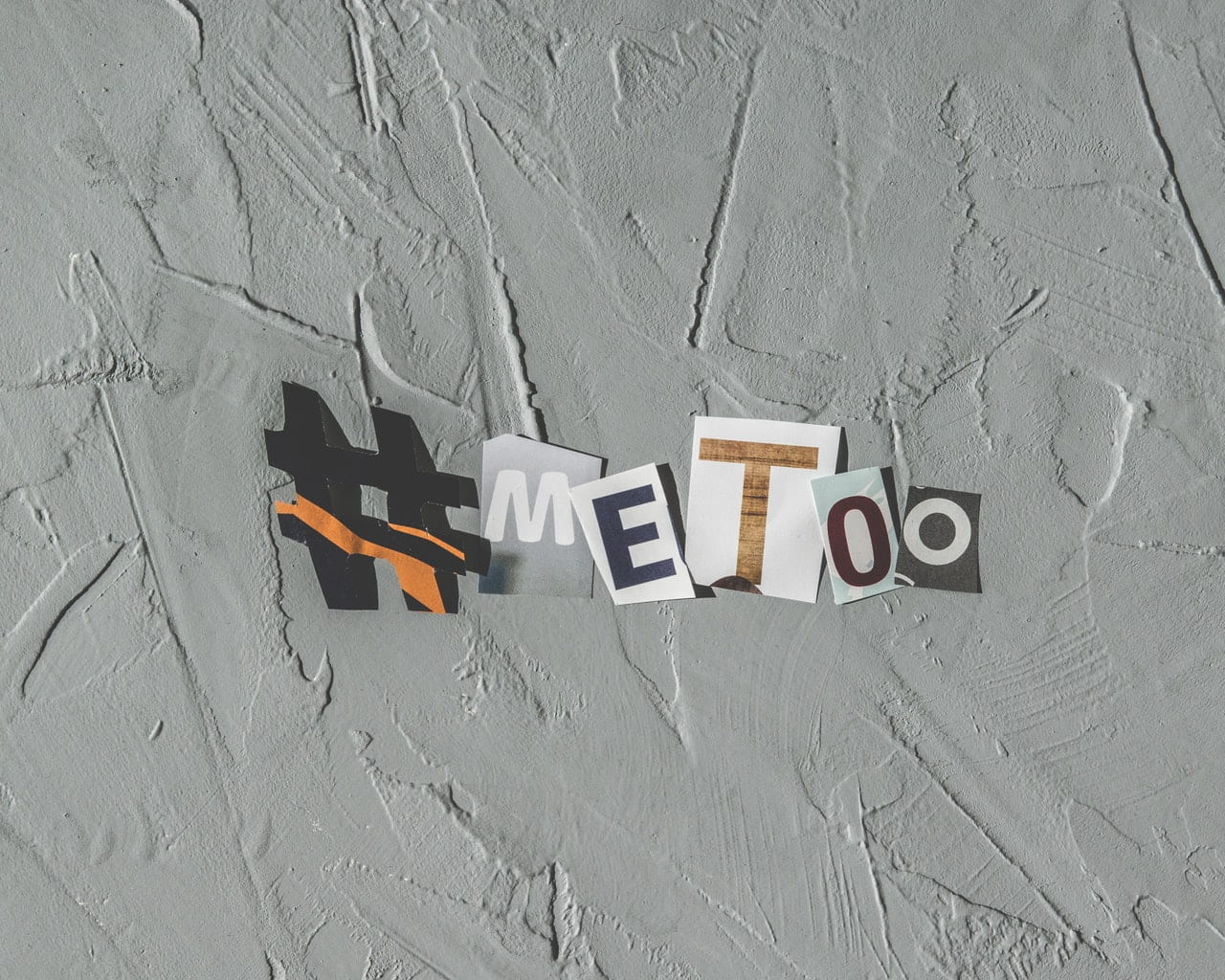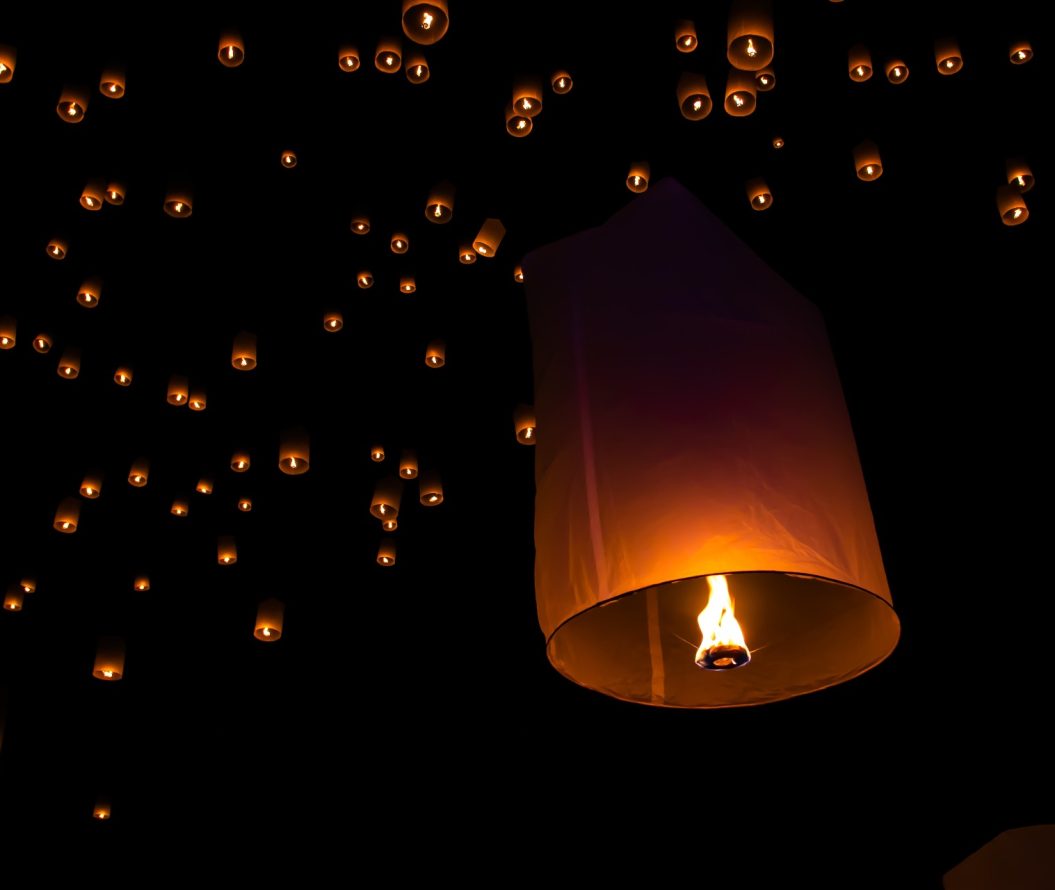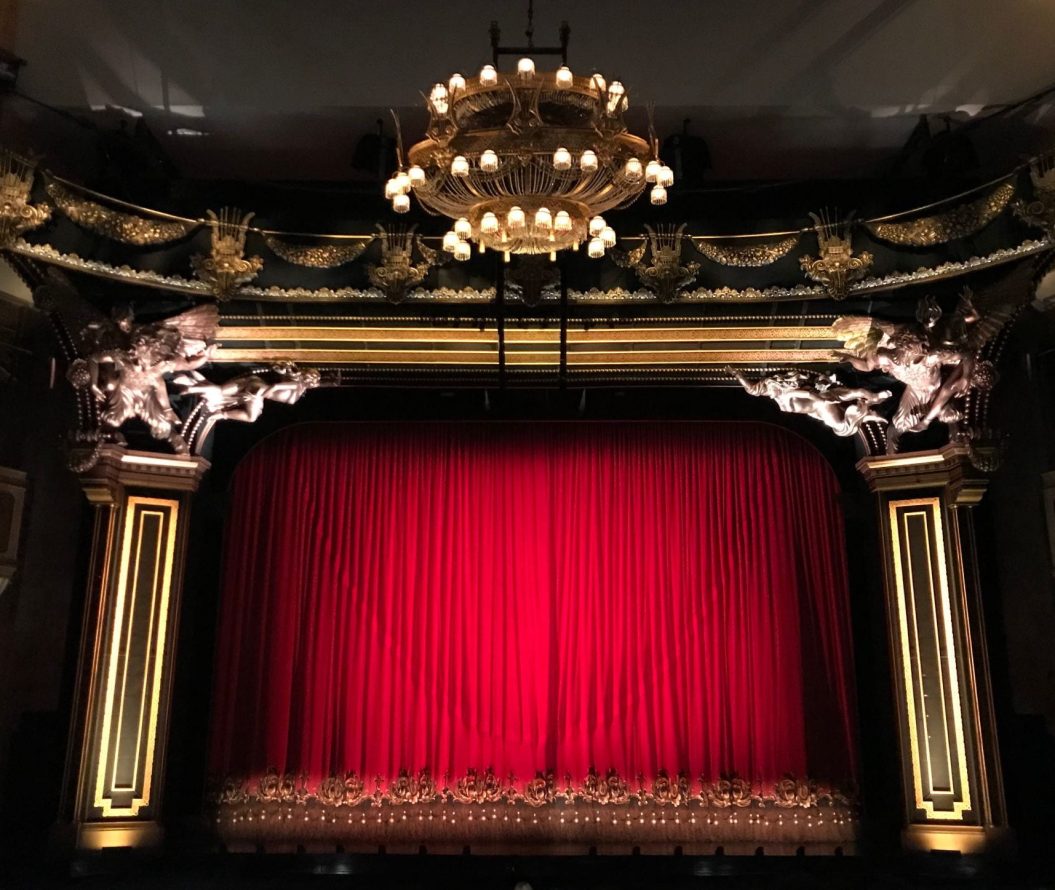Hi, I'm a second-year Advertising and Marketing student. After moving from South Africa by myself from a young age, I fell in love with writing as it was the best way to express myself while I was in isolation. Through…

Is Mainstream Feminism inclusive or exclusive?
May 30, 2019,
read.
This article is more than 3 years old
Since Women’s History Month I’ve spent a lot of time reflecting on how different issues affect me as a woman of colour. So, I thought I would write an opinion piece on whether or not I felt the current feminist landscape represented my own version of feminism.
Feminism is described as:
“The advocacy of women’s rights on the grounds of equality of the sexes.”
Obviously, we know there are more intricate details to the meaning, but we can sometimes fail to understand why.
In my opinion, the face of mainstream feminism comes across as white, blonde and in Hollywood. Although women as a whole face the oppression of patriarchy, feminism in the media often forgets that there are inter-related factors of oppression when it comes to different kinds of women. In short, mainstream feminism seems to only care about the issues of women that they feel are sellable and palatable.
The media’s idea of feminism
From what I’ve seen, news coverage suggests that black and brown women don’t always get the same treatment when sharing their stories of oppression, why is this? Personally, I believe society likes pretty things.
Showcasing a woman of colour sharing her stories in everyday life or even Hollywood, wouldn’t necessary be palatable to the majority. This is because then people would not only be outed as sexist but also racist. It’s easier to prove that you’re not sexist anymore, it’s harder to prove that you’re not racist. So, what’s the solution?
What I believe true feminism is
Intersectional Feminism takes into consideration that there are women being genetically mutilated all across the world, women are thrown into sheds whilst they are on their periods because they are seen as dirty, women are sold into marriages before they even sit their GCSE exams.
To me, feminism understands that women’s issues aren’t pretty, it understands that to progress as a whole we have to help the ones we cannot see around us, it understands that at some level you have to let others share their experience because they may never be in a position to speak up in the same way as you. We can all take measures big or small, to create an inclusive society.
What can you do?
There are a few practical ways you can ensure your feminism remains inclusive. For example, during Women’s History Month at the University of Lincoln, the Women’s Campaigns Group gathered in the library to ask the passing students about their opinions on female stereotypes. (I also believe that stereotypes surrounding gender need to be broken down.)
Men can be just as active in helping stand against sexism – call out your friends if they are harassing someone or if they use derogatory phrases to describe others, even if they think it might be a compliment. Remember, patriarchy hurts men just as much as women because it can create toxic masculinity.
Another way you could help is to get involved in charity. A few friends from the African Caribbean Society committee and I ran a bake sale to help tackle period poverty. We set up a stall and started selling, surprisingly many people didn’t know what period poverty was – which goes to show to how fortunate we can be, without realising.
We raised roughly £60, went to town and spent every penny on various sanitary products. These products will go to underprivileged school girls as well as homeless women around the city. One small act of kindness can help alleviate someone’s anxiety about a very natural process. My point is, you don’t have to be rich to ‘save the world’ just do what you can, with what you have.




